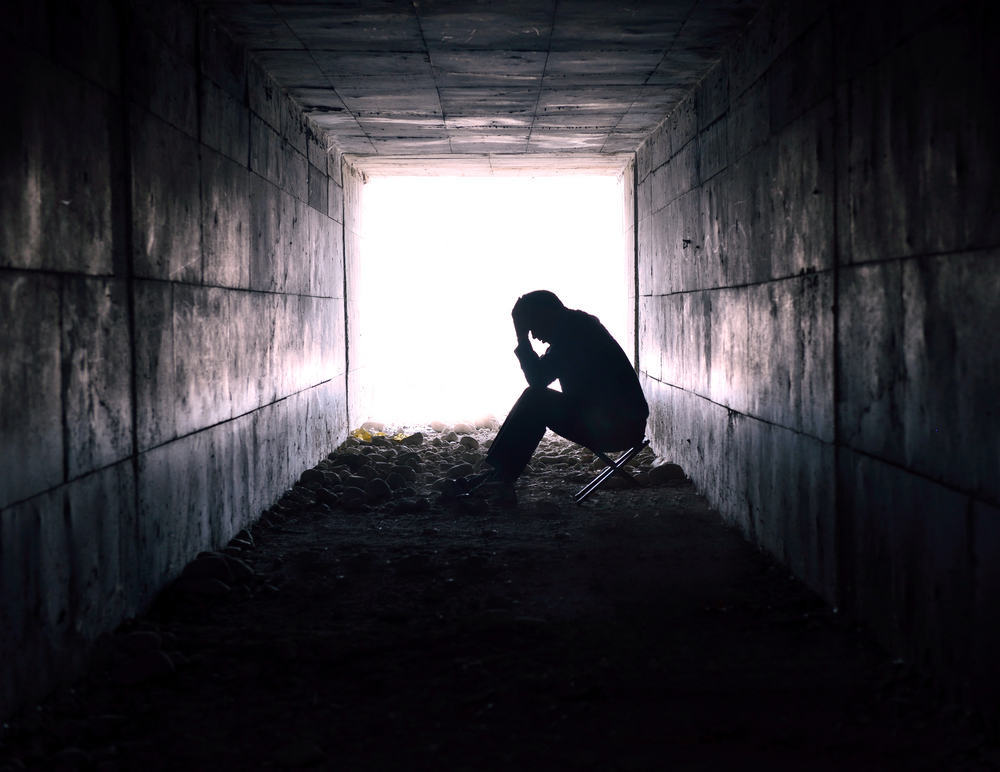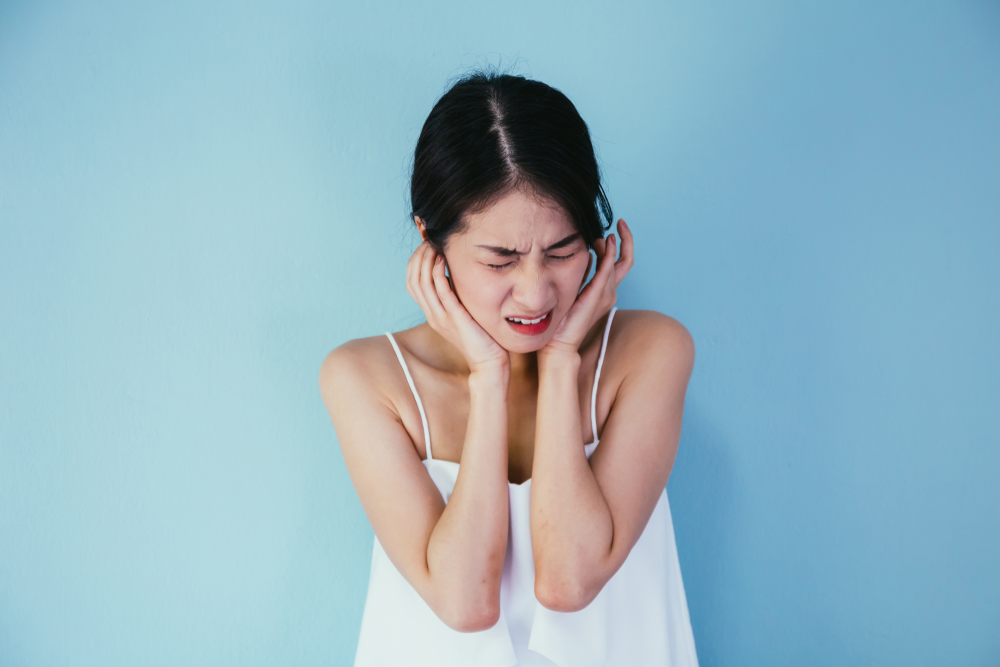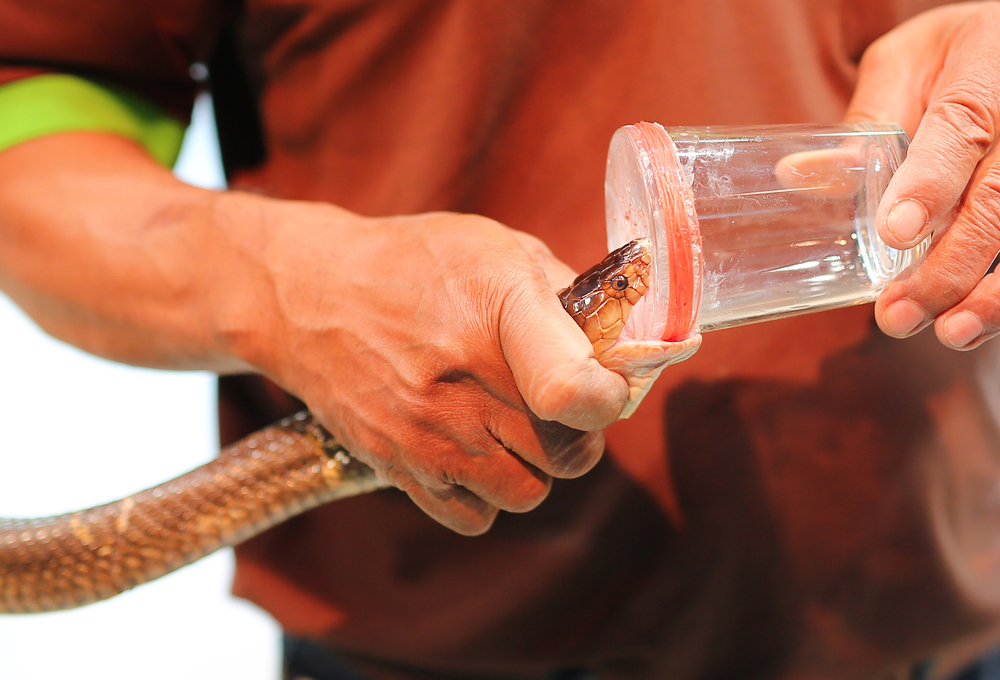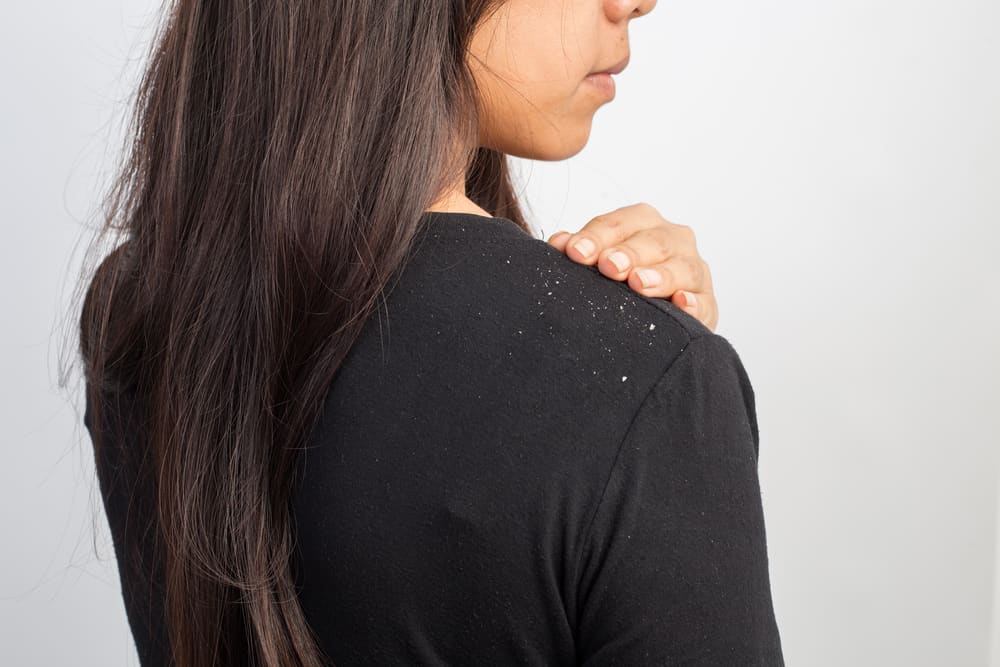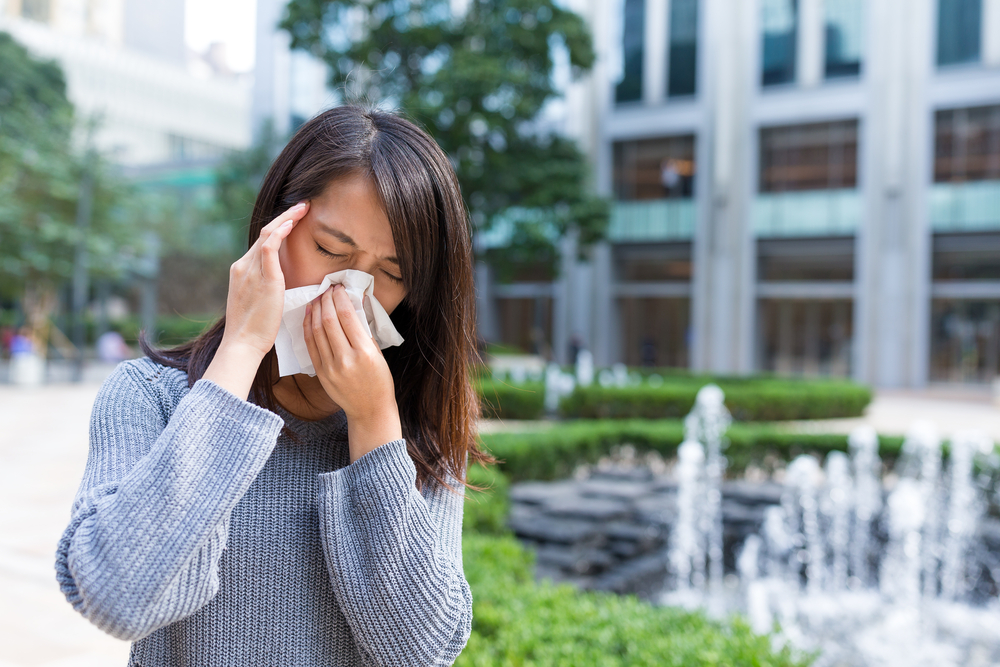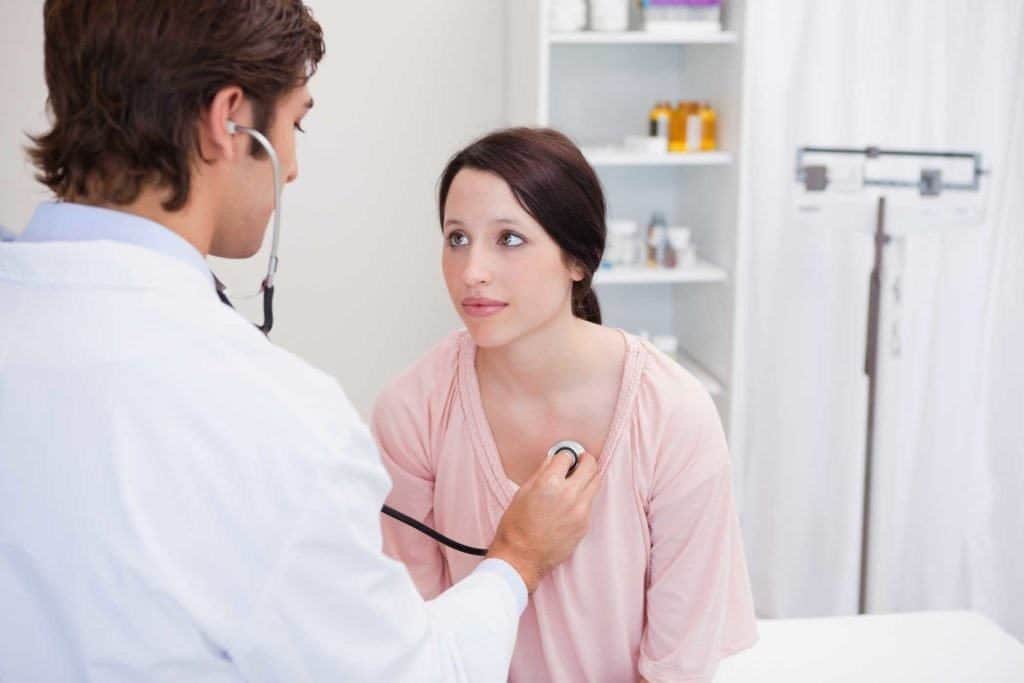Contents:
- Medical Video: We Need to Talk About Depression
- What are the types of depression?
- What causes depression?
- Who is at risk of depression?
- What are the symptoms of depression?
- What complications might occur?
- How to diagnose depression?
- What is the treatment for depression?
- Psychotherapisti
- Drug therapy - antidepressants
- How to deal with depression?
Medical Video: We Need to Talk About Depression
Depression is a mental illness characterized by intense feelings of sadness. You may also feel helpless, hopeless, and worthless. Not only affects you, depression will also change your relationship with family and relatives.
Depression has a medical term that is "depressive disorder, "Or"clinical depression"This depression is a real disease and is not a sign of a person's weakness or character defects. You must remember that depression can be treated and many people feel better after undergoing treatment.
What are the types of depression?
Depending on the severity, depression is divided into:
Major depression (clinical depression): Severe depression is characterized by constant symptoms of depression. Symptoms that strike can be severe or mild, and usually last for about six months. Severe depression is a recurrent condition. But in some cases, people can experience it only once in a lifetime.
Dysthymia: Dysthmia has mild depressive symptoms that tend to last long (at least two years). If you have dysthymia, your mood may be bad and you may be accustomed to thinking that this trait is your "identity." Symptoms of depression should not be underestimated because they can prevent you from enjoying life to the full.
Persistent depressive disorder: This type of depression lasts for at least two years and the symptoms are similar to that major depression. You can have mild or moderate symptoms with a shorter period of symptoms.
Psychotic depression: This type of depression is a combination of depression and psychotic. In addition to a low mood when experiencing depression, people with psychotic depression may lose self-awareness of reality by believing in things that other people cannot hear or see.
Postpartum depression: This type of depression occurs in mothers who are new after giving birth. Postpartum depression far more serious than baby blues. As many as 70-80% of new mothers are attacked baby blues, while only 10-15% of mothers suffer postpartum depression, when the symptoms are more intense and last longer.
Bipolar disorder (manic depression): A person will experience depression alternately with manic depression. This cycle can cause impulsive, hyperactive, and fast talking behavior.
Seasonal affective disorder (SAD): This type of depression often occurs in autumn or winter when the day becomes shorter and lasts until sunny days in spring or early summer. Some people may experience SAD for a short time in summer.
What causes depression?
There is no definite cause of depression. This is usually the result of a combination of various factors. Many factors can trigger depression, including genetics, biology and brain chemistry, and life events such as trauma, loss of loved ones, failed relationships, early childhood experiences, or stressful situations.
In some cases, other health conditions can also cause depression, especially chronic disorders such as diabetes, cancer, heart disease, and Parkinson's disease.
Who is at risk of depression?
Several factors in your life can increase your risk of depression. You may have a higher risk of depression if you experience:
- Difficult life phases, for example experiencing unemployment, divorce, poverty, although this event can last a long time, severe depression usually only occurs in people who do have a tendency to the disorder.
- Personality. You may find it difficult to deal with stress in life, or have difficulty adapting to new situations.
- Genetic factors. People who have depressed siblings put themselves at higher risk.
- Your history. Childhood trauma can change the way you respond to fear and stress. Other life events such as suicide attempts, or any form of harassment - sexual, physical or substance.
- Some prescription drugs can cause depression, including corticosteroids, some beta-blockers, interferon, and reserpine.
- Overuse of alcohol and amphetamines can trigger depression.
- Past head injuries.
- People with a history of major depression can experience recurrence.
What are the symptoms of depression?
Depression can cause many symptoms. The severity of depression for each person can vary.
- You may feel hopeless about the present and the future, as if there is nothing you can do to change it.
- You might lose interest in doing activities even love for the closest person. Daily activities become more boring and a burden on you.
- You may tend to eat a lot so that your body weight rises significantly, or even you may lose your appetite so that your weight drops dramatically.
- Your sleep pattern can change significantly. You will also suffer from insomnia because you don't get enough sleep, or enjoy sleep all day (also known as hypersomnia).
- You may feel anxious, anxious or even angry. Besides being irritable, your tolerance level may be low because everyone and everything seems annoying.
- Low energy, tired, lethargic, and physical energy drained. You may feel as if your arms and legs are heavy. In fact, light activities are a tiring task or take longer to complete.
- You may have strong feelings for self-hatred. You may feel worthless or often feel guilty about past actions.
- You start doing risky activities like gambling, reckless driving, or abusing drugs.
- You may experience concentration problems, such as difficulty focusing, making decisions, or remembering things.
- You may have severe pain, such as headaches, back pain, muscle aches, and abdominal pain.
Depression can trigger suicide. Suicide warning signs include:
- Talk about suicide or other self-destructive actions.
- Confess to despair or feel trapped.
- Feeling close to death.
- Acting recklessly, as if they have the desire to die (for example, breaking a red light).
- Call or visit people to say goodbye.
- Say things like "everyone will feel better without me" or "I want to go".
- Sudden changes from a very depressed person become a calm and happy person.
You might also see depression through body language:
- Miserable, tearful eyes, furrowed brows, sullen mouth.
- Decline in body posture, reduced eye contact and facial expressions.
- There is not much body movement, and there are changes in tone of voice (eg soft sounds and tend to use monosilabic words).
- Gloomy, pessimistic, passive, lethargic, closed, critical of oneself and others, and happy to complain.
What complications might occur?
Depression is a serious disease that will affect your mental and physical health, as well as your behavior and relationships. Untreated long-term depression can cause:
- Being overweight or obese which leads to heart disease and diabetes
- Physical illness
- Alcohol and drug abuse
- Family conflicts, relationship problems with other people, as well as problems in school or work environment
- Social isolation
- Anxious, panic or social phobia
- Hurt yourself
- The feeling of wanting to commit suicide arises, trying to commit suicide
- Early death due to other medical conditions.
How to diagnose depression?
Your doctor will ask about your current mental state, if you always feel sad, depressed or hopeless. They may ask when these feelings occur and whether there have been recent events that you think might affect your feelings. They can observe your behavior to find signs of depression.
Some tests can be done to check conditions that can cause depression. This test is designed to check:
- Carbon monoxide poisoning
- Substance abuse (alcohol, anabolic steroids, marijuana, cocaine, narcotics)
- Side effects of drugs
- Hypothyroidism
- Brain tumor
- Parkinson's disease
- Vitamin deficiency.
What is the treatment for depression?
There are two main methods of treatment of depression:
Psychotherapisti
Also known as speech therapy, like cognitive behavioral therapy (CBT), pcyclotherapy is often used for someone who has mild depression and is currently undergoing treatment for moderate and severe depression. This psychotherapy is designed to help patients control moods. Cognitive behavioral therapy helps to improve negative thought patterns while interpersonal therapy sees the effects of relationships.
Drug therapy - antidepressants
Antidepressants are drugs that are consumed according to the prescription of a doctor or psychiatrist.
Medications are usually used for moderate and severe depression. However, this drug is not recommended for children and the dosage for adolescents must be considered carefully.
A number of drugs that may be used in the treatment of depression:
- Selective serotonin reuptake inhibitors (SSRIs) - citalopram (Celexa®), escitalopram (Lexapro®), fluoxetine (Prozac®), paroxetine (Paxil®, Pexeva®), sertraline (Zoloft®).
- Monoamine oxidase inhibitors (MAOIs) - isocarboxzaid (Marplan®), phenelzine (Nardil®), selegiline, tranylcypromine (Parnate®), tranylcypromine (Phenelzine®).
- Tricyclic antidepressants - amitriptyline (Elavil®), imipramine (Tofranil®), nortriptyline (Pamelor®), protriptyline (Vivactil®), trimipramine (Surmontil®).
- Atypical Antidepressants - bupropion (Wellbutrin®), maprotiline, mirtazapine (Remeron®), nefazodone, trazodone.
- Selective serotonin and norepinephrine reuptake inhibitors (SNRI) - desvenlafaxine (Pristiq®), duloxetine (Cymbalta®) venlafaxine (Effexor®).
Doctors can prescribe medications that are appropriate to their needs, previous treatment successes or failures, adverse side effects, risk of overdose, and reactions to other treatments that you are taking.
The Food and Drug Administration (FDA) said that "antidepressant drugs can increase suicidal thoughts in some children, adolescents and adults in the first few months of treatment." You should know that antidepressants will increase your energy in the first few weeks, but you don't will see mood swings in 4-6 weeks. Suicidal thoughts generally appear during the first few weeks of treatment.
Milder side effects experienced by people taking antidepressant drugs include:
- Headache
- Sweating at night
- Nausea
- Agitation
- Sexual problems
- Dry mouth
- Constipation.
How to deal with depression?
People who experience depression usually recover faster with help and support from others. You should discuss your condition with family members and friends while doing some of the tips below:
- Follow your treatment plan. You should try not to miss every check or dose of the drug even when the symptoms stop. Make sure you take antidepressants as recommended.
- Learn information about depression. Encourage your family to learn about depression to help them understand and support you. By understanding your condition, they can help you to avoid triggers and motivate you to stick to the treatment plan.
- Avoid consumption of alcohol and drugs.
- Consume healthy food, be physically active, and sleep enough to ensure fitness.
- Make notes in the journal. You can express pain, anger, fear or other emotions through writing.
- Find out support groupcounseling groups and other groups to help relieve depression. Religious groups may also offer assistance for mental health problems.
- Learn how to relax and manage stress, such as meditation, progressive muscle relaxation, yoga and tai chi.
- Arrange plans for daily activities. You might be helped by a daily to-do list, sticky notes as reminders so that your plan is more organized. Don't force yourself to do too much work.
- Do not make important decisions when you are under conditions. Avoid making decisions when you feel depressed, because you might not think clearly.
Although it is a serious condition, depression can still be treated. Contact your doctor or therapist if you find any changes in your symptoms or feelings. Ask relatives or friends to help you monitor symptoms of depression.
READ ALSO:
- All about Postpartum Depression
- 6 Ways to Eliminate Loneliness During Depression
- Is Your Child Depressed?

